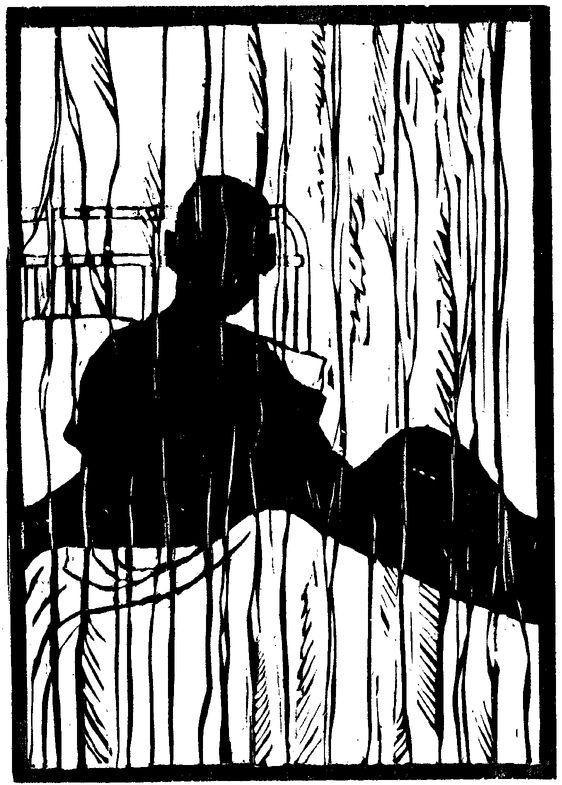1.
I was led through the hospital by the nurse, down generic corridors and up disinfected stairwells. The nurse walked quickly and didn’t talk.
In one ward, a radio was playing over the speaker system, but the volume had been turned down so low that the words of the DJ were inaudible. The patients here were all suffering from injuries to their hands. Every one of them was fully bandaged from the elbows down, and their arms were attached to wires that held them upwards.
In another ward, I saw that all the patients’ beds were enclosed in plastic tents, as if quarantined. I could see their blurred forms through the sheeting. One figure was sitting up in bed. The man’s head followed us as we passed.
Finally we came to a pair of swinging doors, and the nurse stopped. Above the doors a sign read: COMA WARD. The nurse looked back at me and gave a slight smile of encouragement. Then we walked in.
Off a single windowless corridor were twelve rooms, six down each side. The floor was carpeted. The lights in the corridor were dimmed.
“Do you have any memory of this place?” the nurse said quietly.
“I think so,” I replied. “A little. It feels . . . familiar.”
“Go on.”
I breathed in through my nose. “It smells familiar. The flowers that people leave for the sick. And . . . dust, or . . .” I suddenly remembered the way my eyes had smarted when I lay down in my bed at home. “Pollen.”
I took a few steps and glanced in the first door on my right. Inside, I noticed that the lighting was brighter. The patient, a woman, was lying on her side. No machines or wires were attached to her. There was no drama in the sight—she simply looked as if she were asleep.
When I looked through the open door on my left, however, the patient was propped up on pillows, and clearly awake. The man, who I’d guess was in his twenties, had his eyes open, and his mouth open, and he appeared to be gazing around the room.
The nurse reacted to my expression with a little shake of his head.
“Comas like his can be very difficult for the family,” he whispered.
“He isn’t awake?”
“No.”
Looking harder, I saw that the various directions of the man’s gaze had no purpose. They were circular and repeating, and without focus.
“He’s not seeing anything,” I said.
“On a scan, there will be no real activity in his brain. It’s the big difference between him and her.” The nurse gestured back at the sleeping woman on the right. “And you,” he added, and continued down the corridor.
At the far end, at the final door, which was closed, the nurse turned.
“This is your room,” he said.
“I’ll be staying here?” I asked.
“You are staying here,” the nurse replied, and indicated for me to enter.

